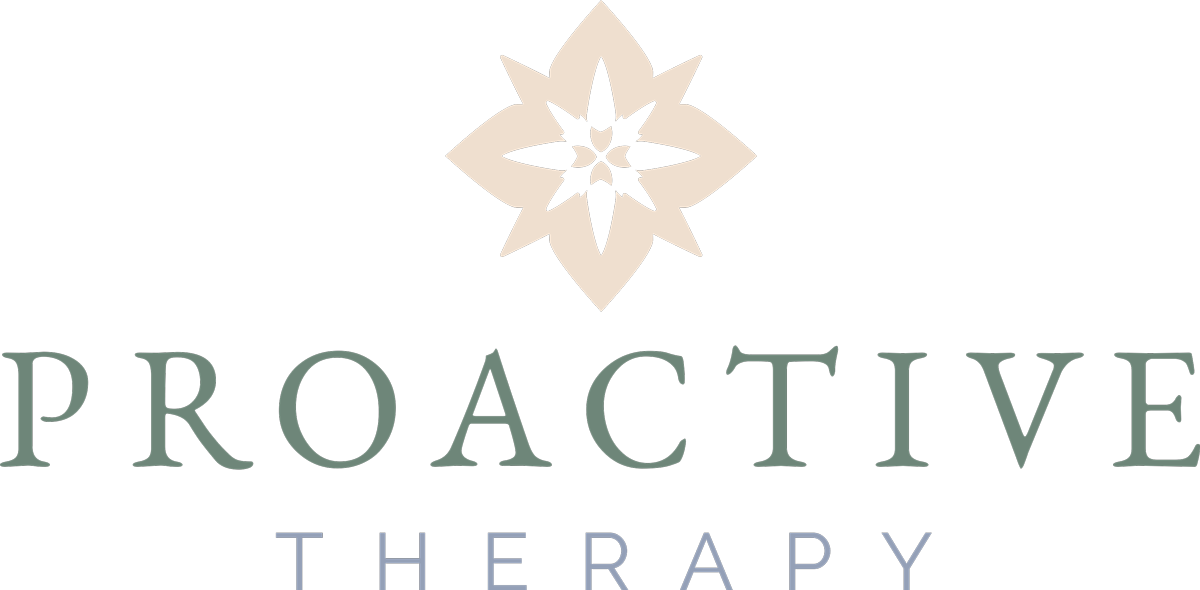New Year, New Resolutions: 5 reasons your resolutions don't last and 5 ways to make sure this year will be different
“Commitment means staying loyal to what you said you would do, long after the mood you said it in has left you.”
What type of resolutions do you set each new year? Is there a resolution that you set year after year, but give up on by February? If so, what barriers do you think stand in your way of following through?
According to Forbes.com, 40% of Americans make resolutions each year, but only 8% follow through on them. In working with my clients, I've found that there are five primary factors that get in the way of people following through on what they say they want to do or change. When we don’t achieve a goal, usually one or more of the following barriers have gotten in the way:
1. Your goals are focused on moving away from something rather than toward something of importance.
So many New Year's resolutions center on deprivation and restriction-- e.g. eating less sugar, spending less money, wasting less time. I find it sad that the most common New Year's resolution is to lose weight. I consider doing or having less of something "away moves." These goals are all about moving away from something unwanted rather than toward something positive.
2. You buy into or are caught up in self-defeating thoughts that stop you from taking action.
Our minds tell us all kinds of stories all day long. Thoughts such as "it's too hard," or "I've never been able to do this in the past, so why would I be able to now?" As well as comparison thoughts: "He does it better, so why should I even try..." are all unhelpful thoughts that our minds generate. We don't have a choice about what thoughts enter our minds, but we can decide whether these thoughts-- or our commitments-- will dictate our decisions.
3. The goals you’ve chosen are excessive, unrealistic, or vague.
I ran two workshops in the past week, and at least one person in each workshop said that their resolution was to "go to the gym" every day of the week. You probably won't be surprised to learn these people said they've set this same resolution each year, but have never been able to follow through. Going to the gym 365 days in a year is not realistic. Life gets in the way, our bodies need time to rest and recover, and people get bored with the same routine. Another resolution people frequently mentioned in my workshops was to "eat better." What does "better" look like? How is it quantified or defined? When we set goals that are unrealistic or vague, we set ourselves up to fail...and no one likes to feel like a failure. Feeling like a failure is an express train to throwing in the towel syndrome. Which leads me to #4...
4. You attempt to avoid uncomfortable feelings, physical sensations, or memories.
Making changes in life always provokes some anxiety or even fear. Many people buy into the notion that they are supposed to feel good or happy if they are doing positive things. Oftentimes, it's just the opposite. When we're doing something important, something that truly matters, it can evoke strong emotion--sometimes even emotional pain. A client asked me yesterday, "why do we do things that we know are bad for us and not do the things that we know are good for us?" For the person who binge eats every night, abstaining from this habit is healthy and positive in the long-run, but will undoubtably create distressing emotion in the short term.
5. Your goals are not aligned with your values.
Many people set "should" goals e.g.. "I should probably go to bed earlier" or goals that are extrinsically motivated. While there's nothing wrong with setting a goal of having an earlier bed time, if this goal isn't in the service of something truly important to you, such as being more present in your relationships or performing better at work, you probably won't follow through.
So, how can you overcome these barriers and follow through on your resolutions this year? Start by applying the following strategies as you commit to your new resolutions. If you find you are having difficulty staying committed, work with your therapist to identify your individual barriers, and to learn coping strategies and practice skills that are specific to your concerns.
1. Set resolutions that are ADAPTIVE and move you in a forward direction.
2. Apply MINDFULNESS skills when unhelpful/negative thoughts arise. Mindfulness skills will help you to observe these thoughts, from a distance, without allowing them to dictate your behavior.
3. Set goals that are APPROACHABLE and SPECIFIC. Adjust your goal so that it's something you can realistically achieve. Specify the actions you will take, when and where you will do so, and who or what is involved. Example of a vague resolution: “I will have more fun with my kids.” A specific resolution: “I will spend each Saturday morning with my kids from now until the last weekend of April doing an activity that they choose.”
4. Practice ACCEPTANCE and WILLINGNESS in the face of discomfort. Breathe into and make room for the uncomfortable feelings. Remind yourself that where there is pain, there is purpose.
5. Identify your values, then choose resolutions that ALIGN with your VALUES. Ask yourself if each resolution is truly important to you, and if it is, why does it matter?
I wish you much success with your resolutions this year, and hope your year is filled with light, laughter, and meaningful experiences.
- Tory

